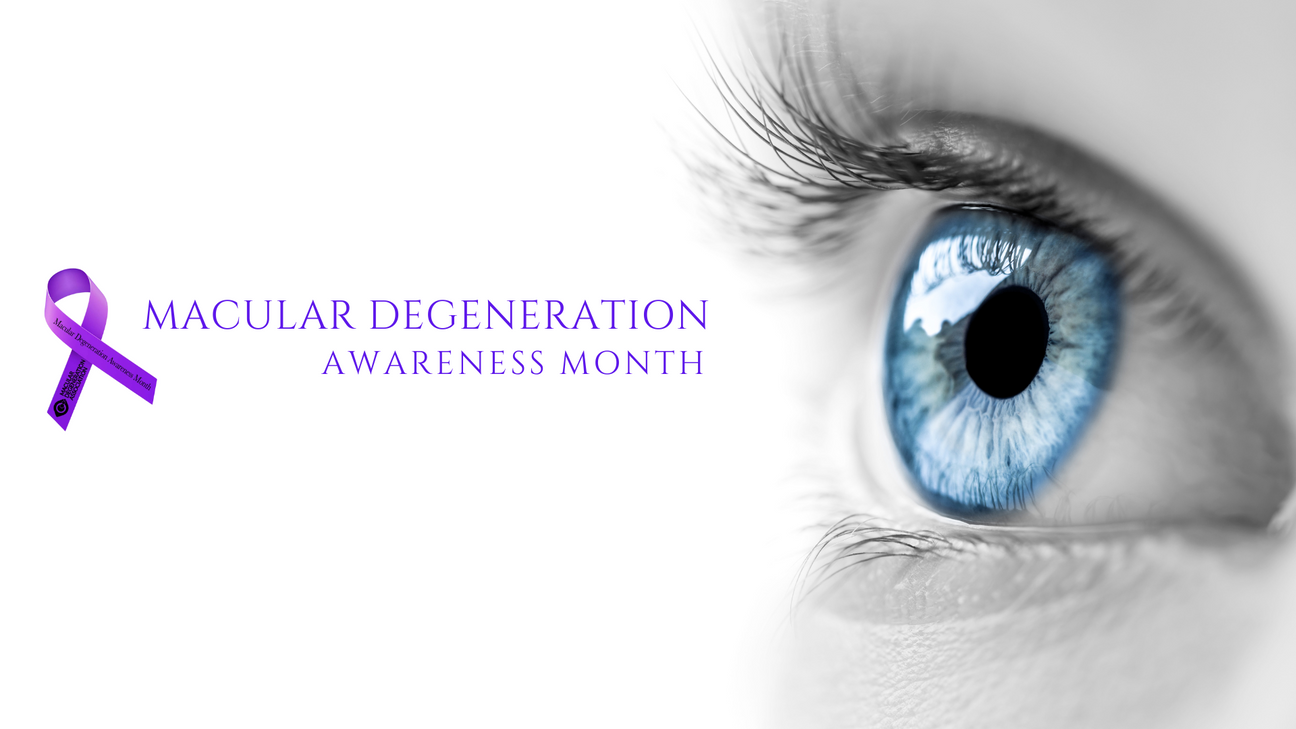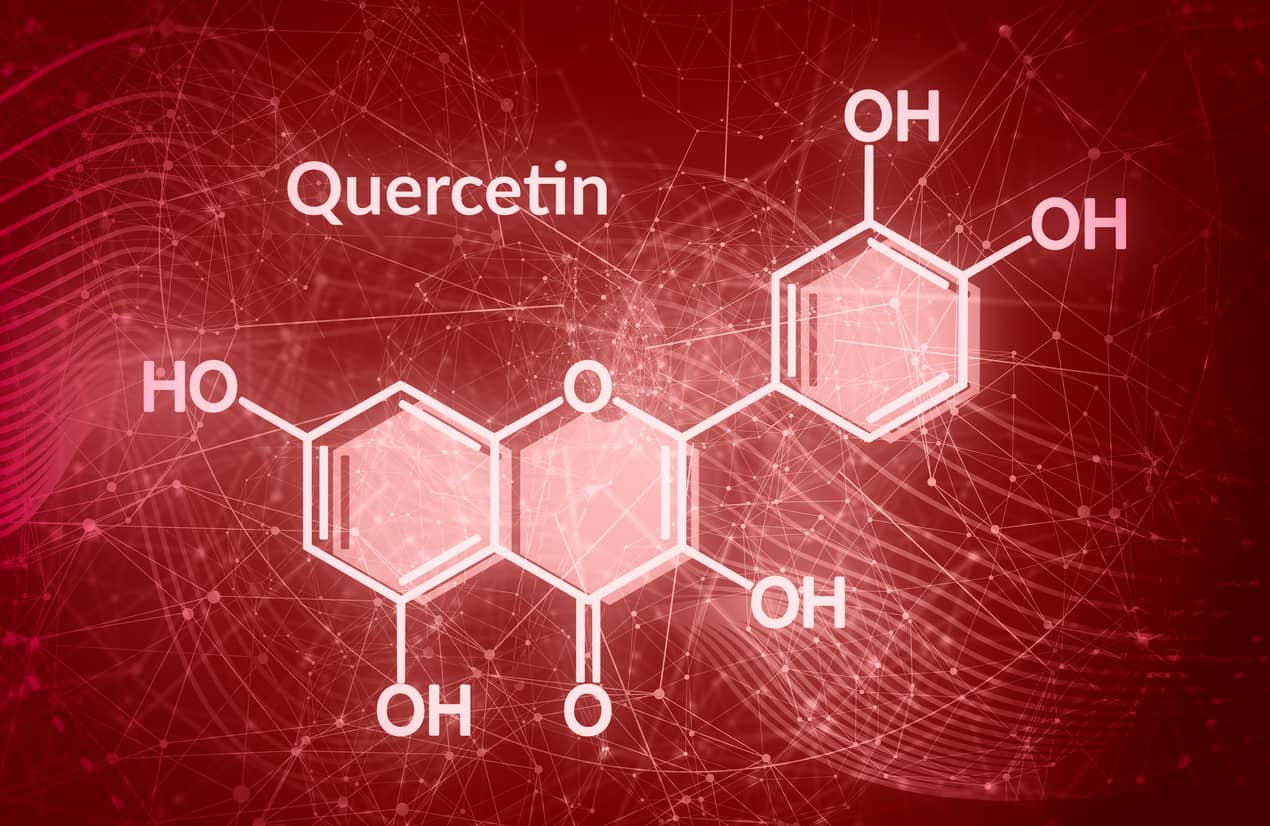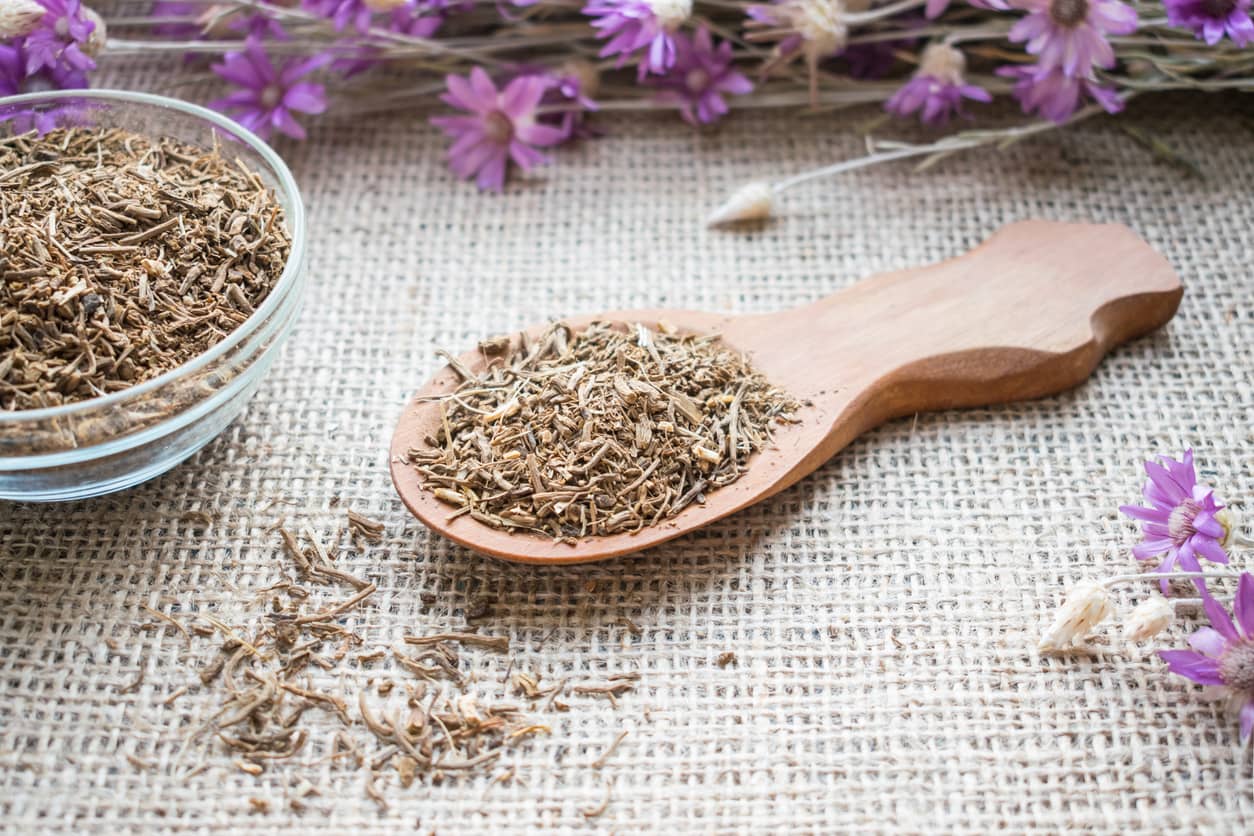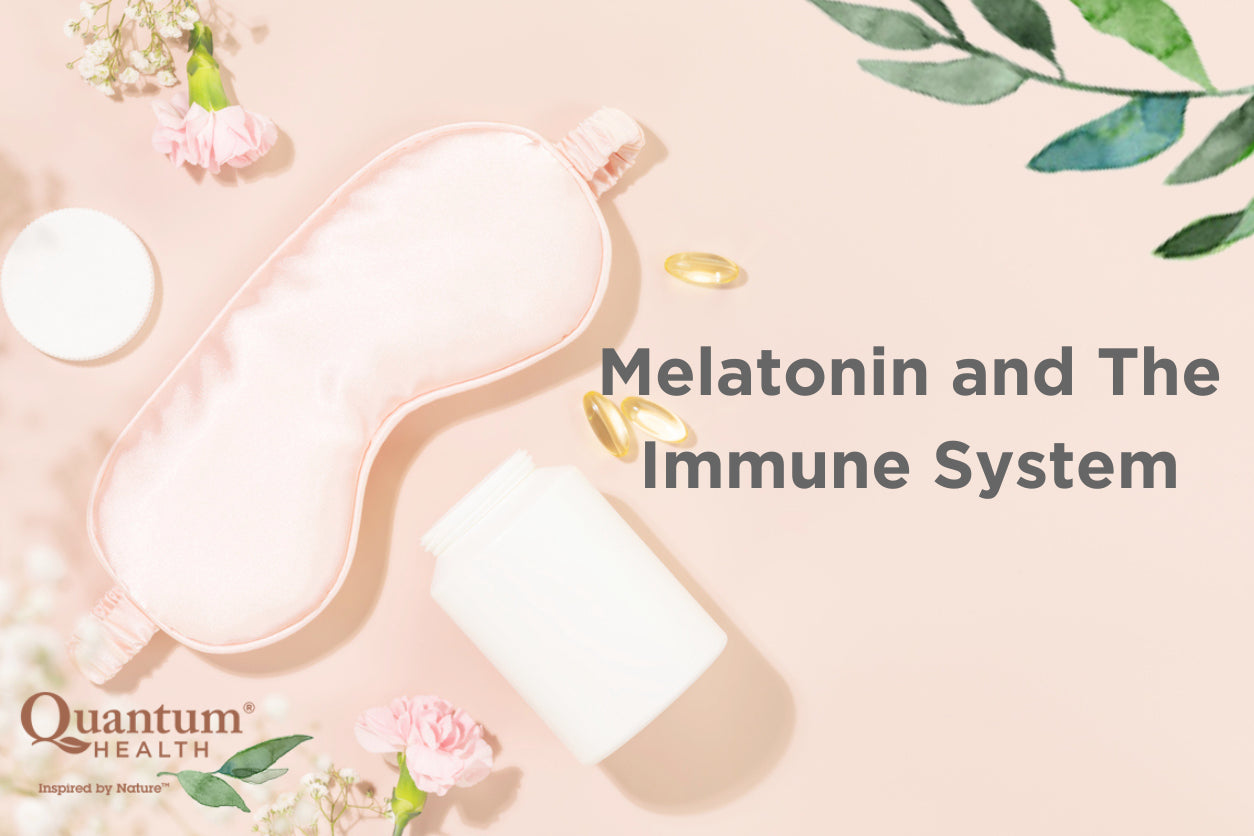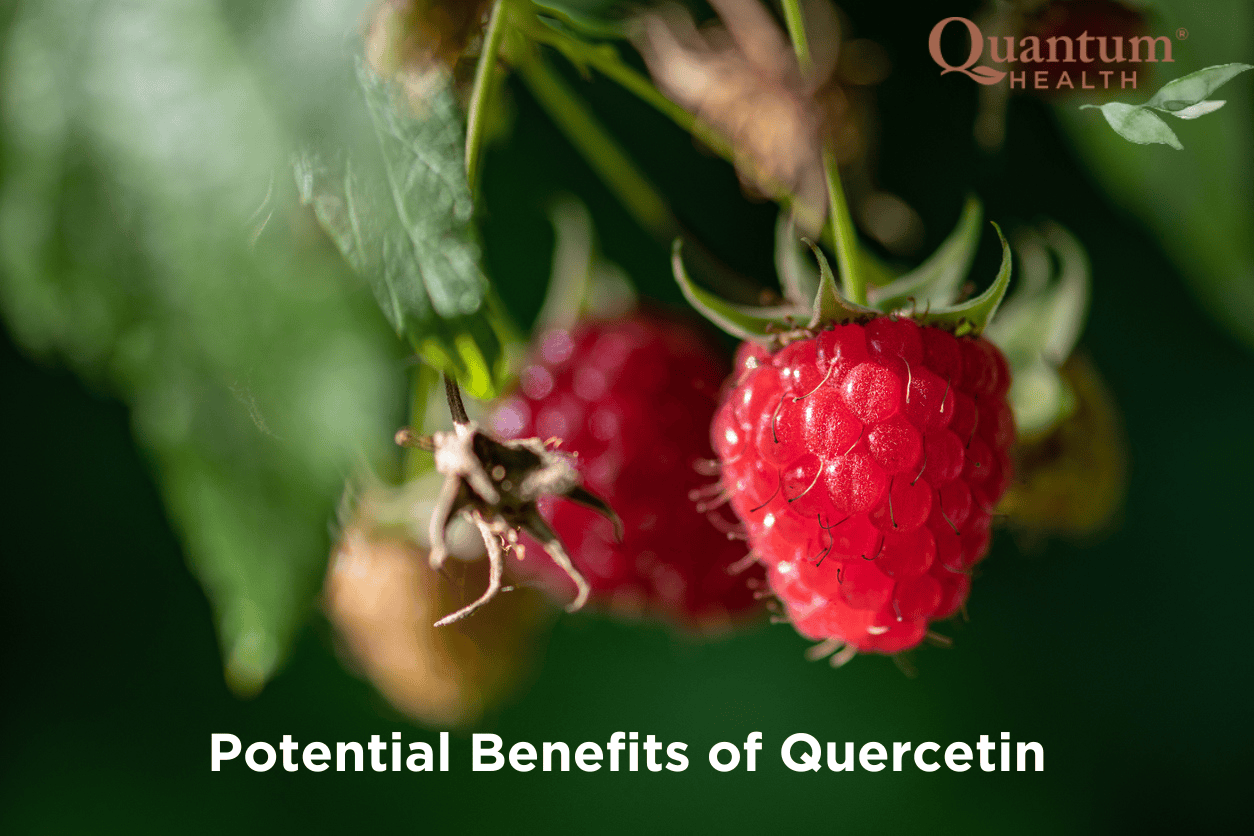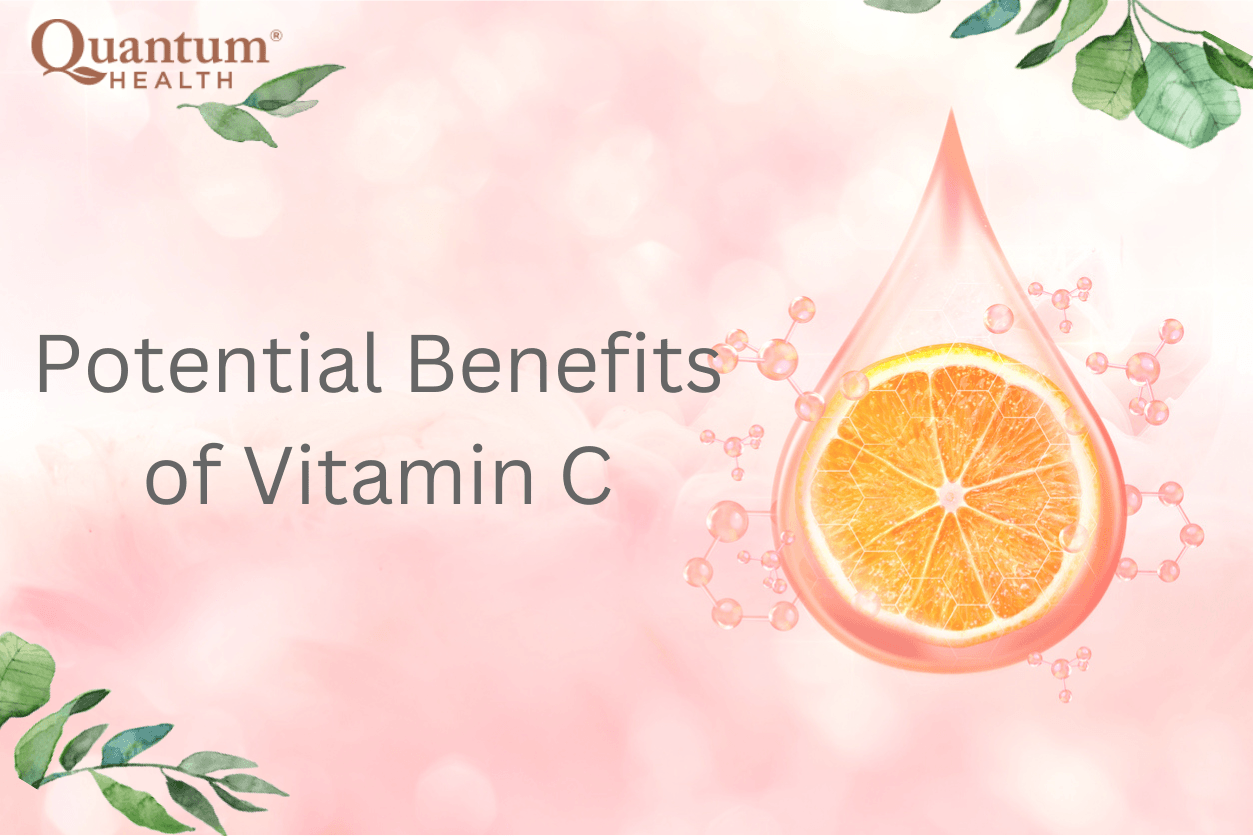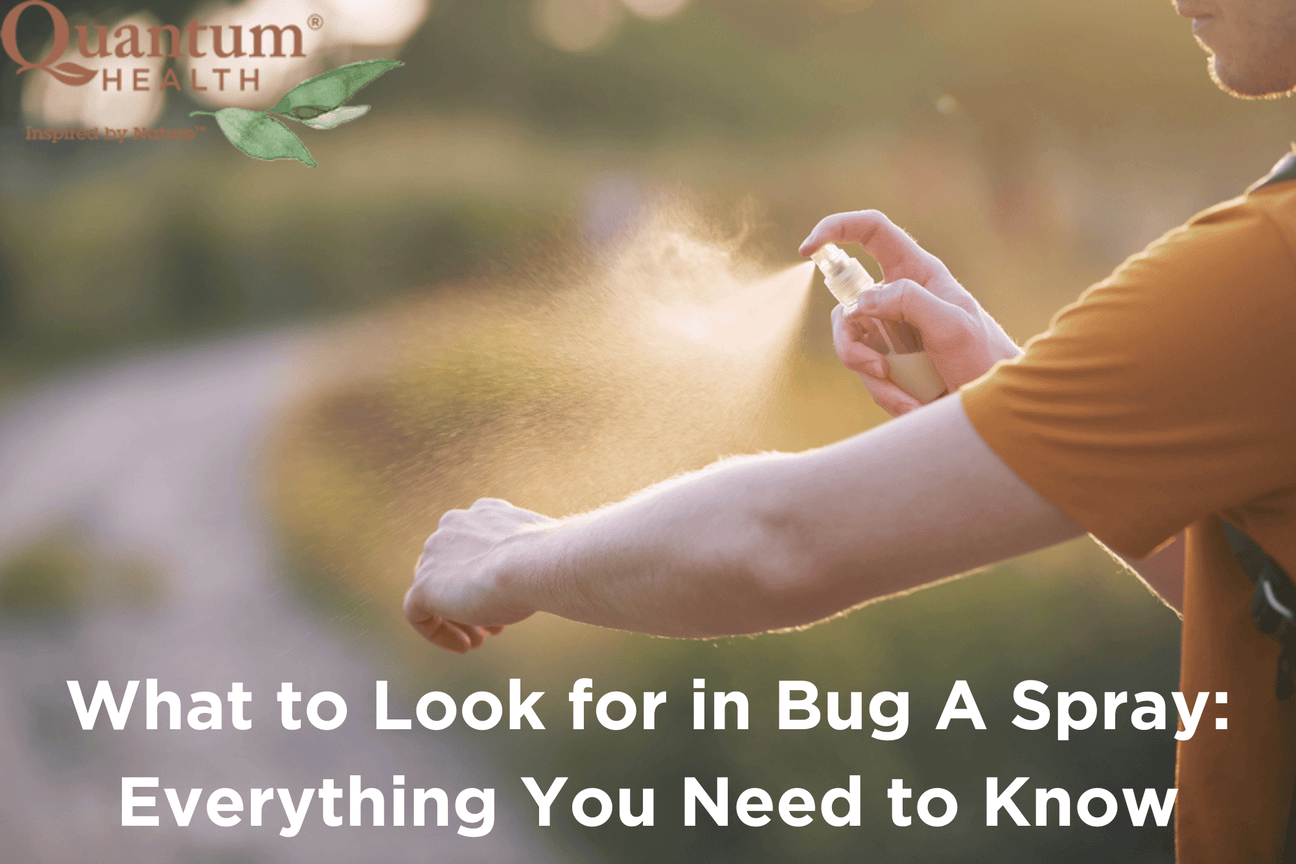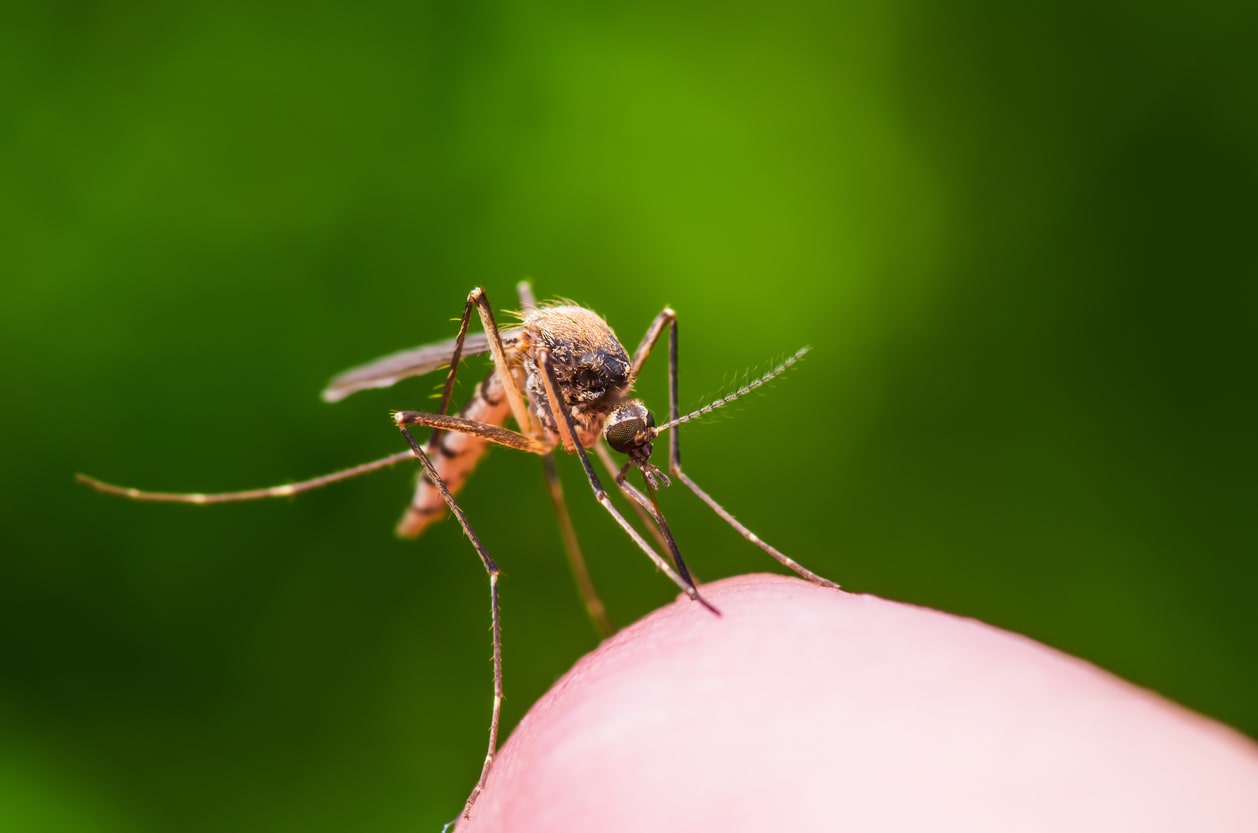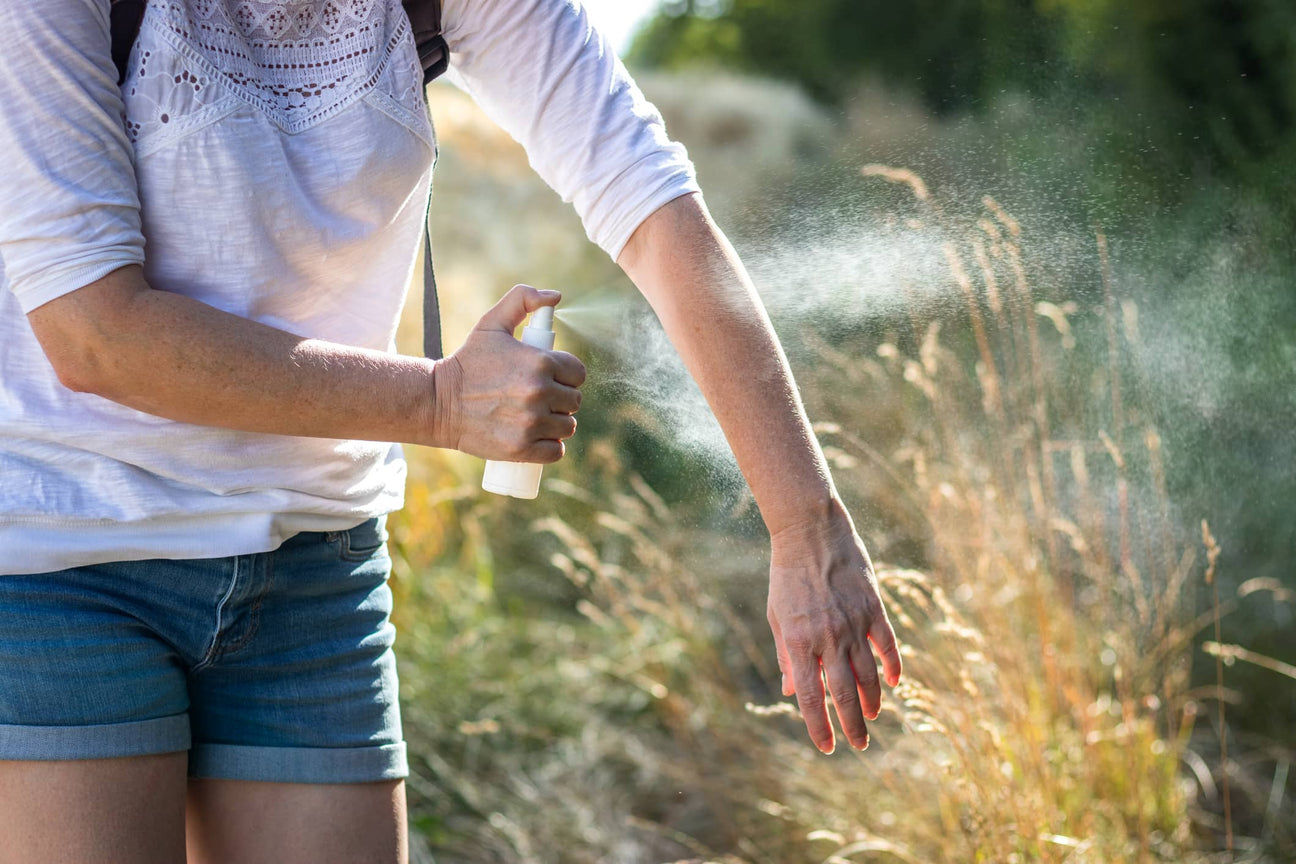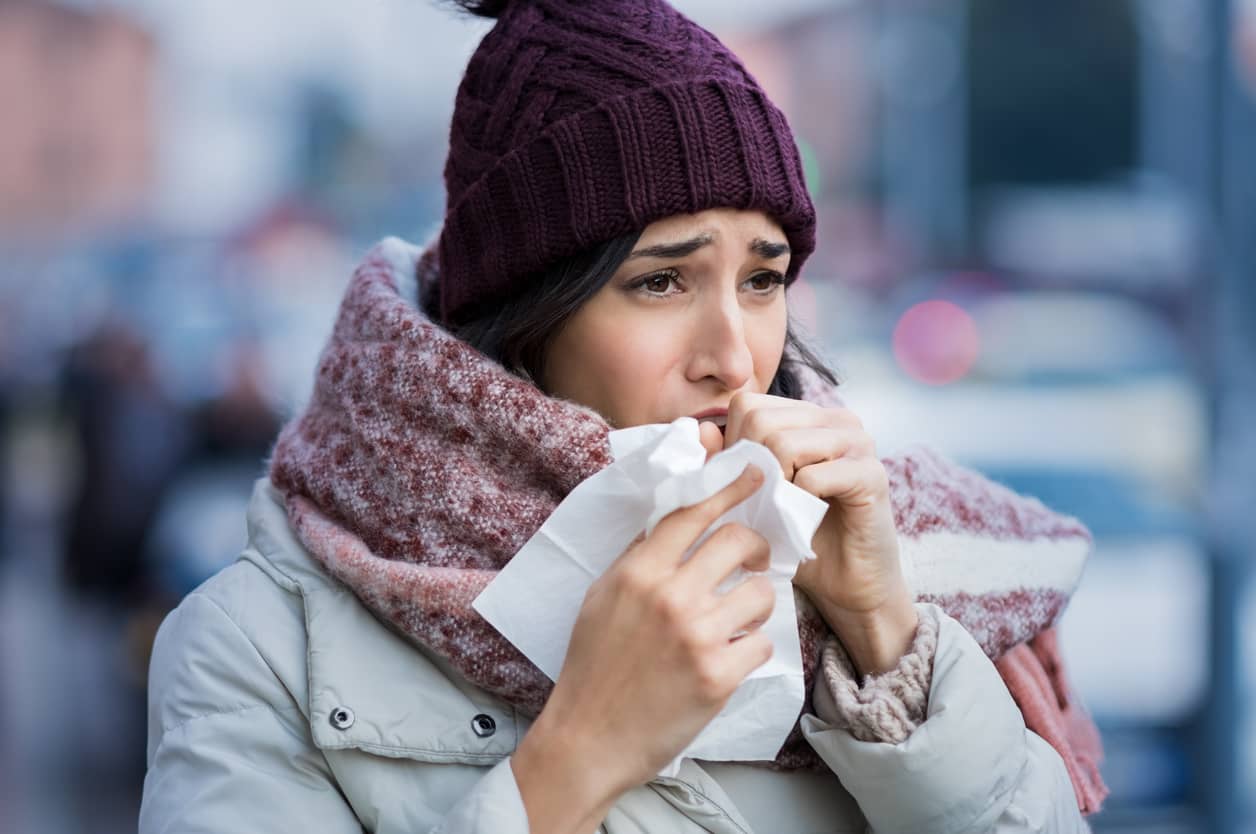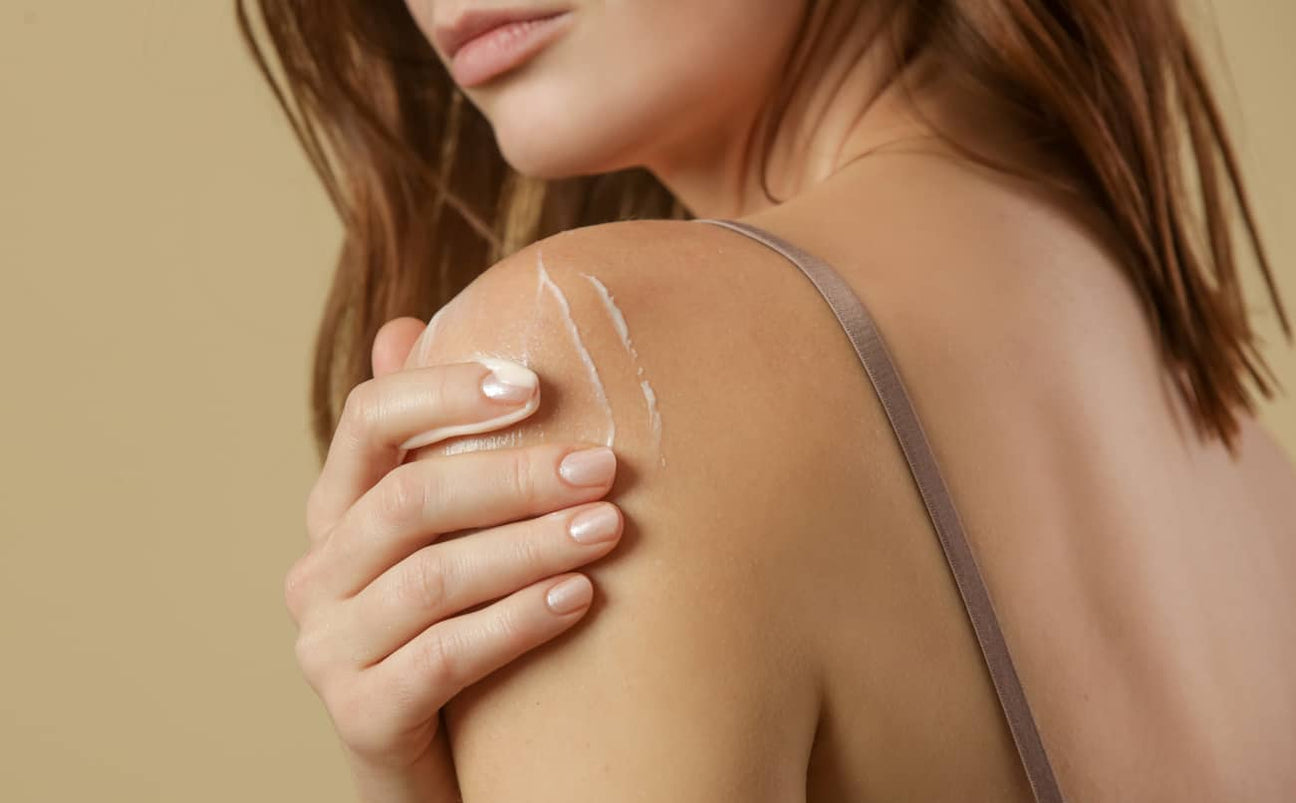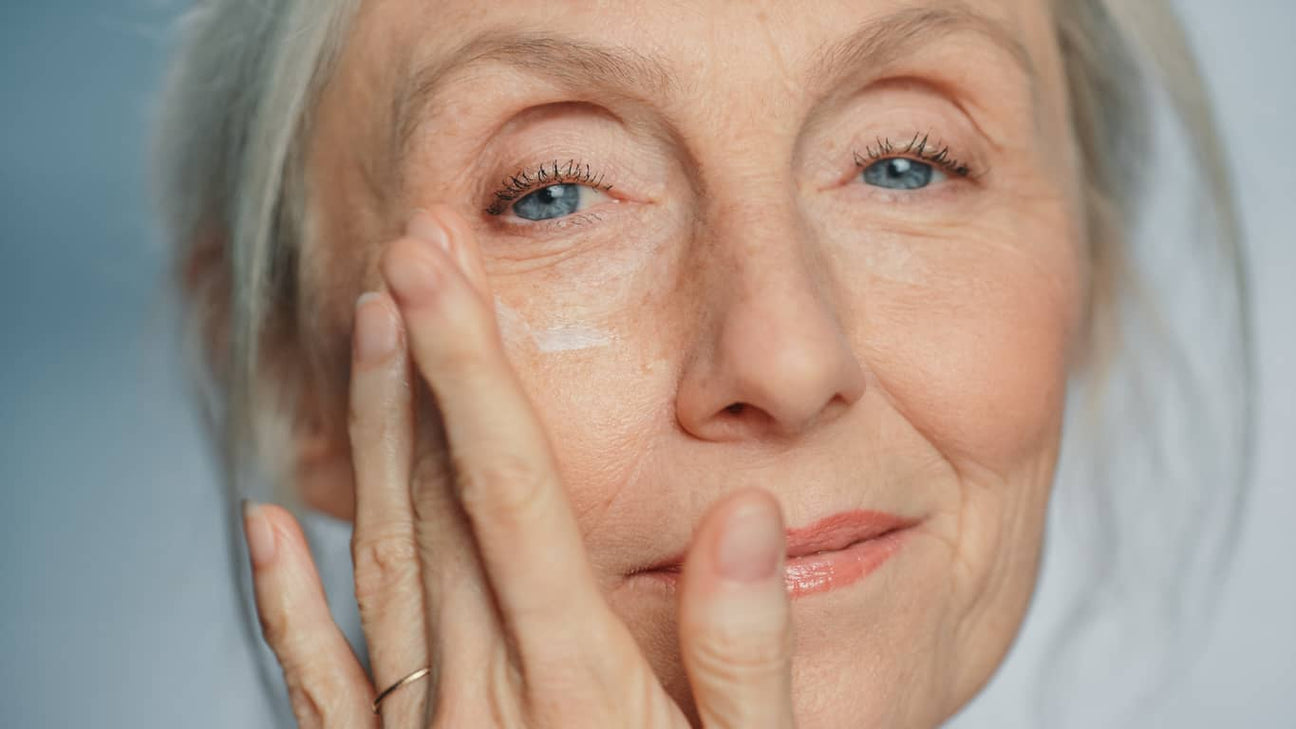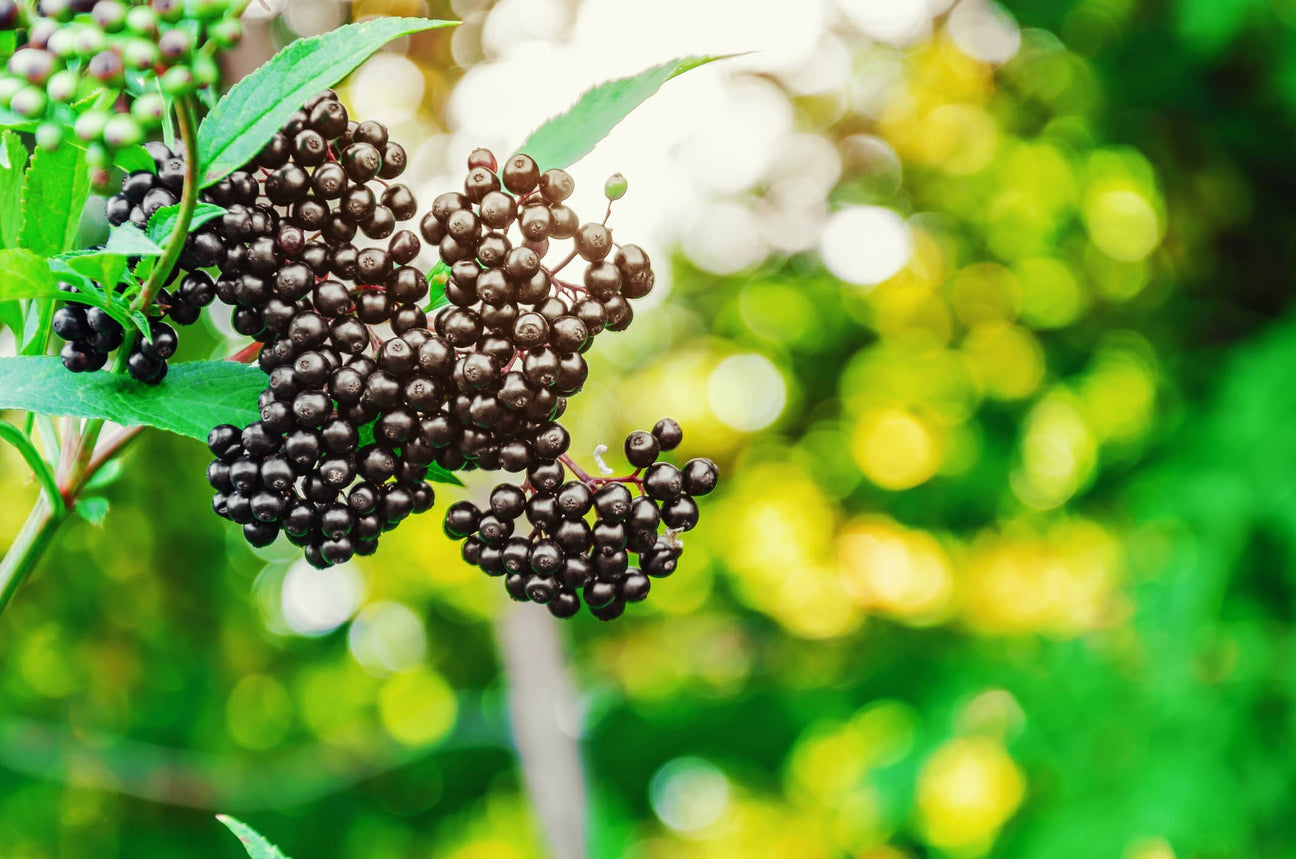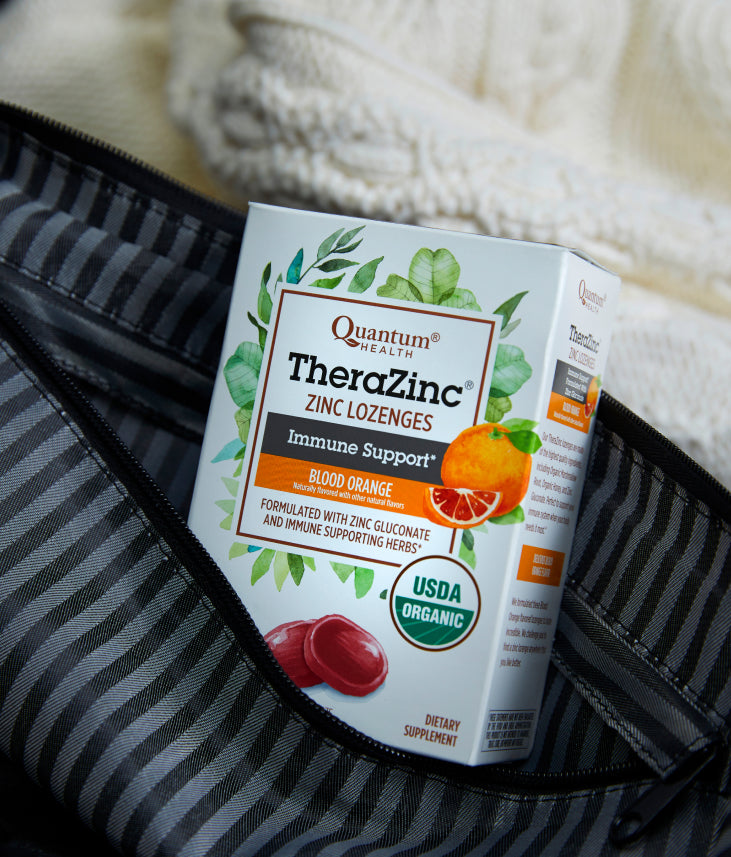Canker Sores: The Full Story
Recurrent canker sores afflict 20% of us. That means 56 million Americans suffer from these small but painful ulcers. Fortunately - there's help. New research shows that safe, natural remedies are the top defense in the battle with canker sores.
What are Canker sores?
Canker sores are shallow, painful sores on the inside of the lips, the inside of the cheeks, or on the gums. They begin as small, reddish swellings. Then they burst, and the ruptured sores are covered with a white or yellow membrane. The edges of the sores are still red, and look like a painful red halo. Without treatment, canker sores (medically: aphthous ulcers) heal in 2 to 3 weeks.
Who Gets Canker Sores
Anyone can get canker sores, but they are most common among teenagers and those in their twenties. Women are slightly more likely to get canker sores than men. Some people have one or two episodes a year; others have almost continual problems.
What Causes Canker Sores
According to leading expert Brad Rodu, D.D.S. of the University of Alabama School of Medicine - we don't know. "Researchers have looked for the reasons that mouth ulcers develop in the first place," says Dr. Rodu. "Nobody has been able to get a handle on them."
There is some evidence about causes though. One study done in England showed that in about 20% of canker sore patients, the sores were due in part to nutritional deficiencies - lack of B12 (common in vegetarians), folic acid and iron. Gastrointestinal problems appear to be correlated with canker sores as well. The sores appear during times of stress, or as a reaction to hormonal imbalances in women. Pregnancy often causes remission. A tendency to get canker sores may be inherited.
Traditional Prevention and Treatment
Patients who have frequent canker sores can try dietary supplements, or undergo blood and allergy tests to see if these tests can determine a cause.
There are several treatments for reducing both the pain and the duration of the sores - anti-inflammatory steroid mouthwashes, analgesics, and numbing ointments containing benzocaine. Certain foods should be avoided, if for no other reason than that eating them is painful. Citrus fruits may exacerbate the sores. According to Dr. Julian Whitaker, eating yogurt with active lactobacillus cultures may prevent outbreaks.
New Topical Treatments
There's good news - and lots of it - about new treatments for canker sores. And much of the excitement is being generated by research on safe and natural herbs, amino acids and other natural substances. In one study, deglycyrrhizinated licorice was applied topically on 20 canker sore patients. Within one day, the patients showed a 50%-75% improvement, and within three days all of them were symptom-free.(J Assoc Physicians India. 1989 Oct;37(10):647.) Although some licorice products can be contraindicated for those with high blood pressure, deglycyrrhizinated licorice has shown no tendency to raise blood pressure.
Another study suggests that bee propolis is an effective topical treatment for canker sores and for oral gingivitis. Propolis has been used as an oral lesion treatment for centuries, and this Cuban study (Rev Cubana Estomatol. 1988 Sep-Dec) confirms that results are good.
In addition, herbs like menthol and clove bud oil can be used to numb the area, and provide topical pain relief. One chronic canker store sufferer from Denver, Colorado is only one of many patients who have attained relief with natural, topical preparations. "My canker sores used to last 2 weeks," she reported. "Since I've been using a natural preparation of lysine, propolis, licorice and other herbs, they're gone within a couple of days. This natural preparation has changed my life." Another woman from Brooklyn, NY agrees. "I tried all the drug store remedies," she reports. "They provided topical relief, but my sores still lasted 2 weeks. With the natural, lysine preparations, I get topical relief AND I get rid of the sores more quickly."
Dr. James Bach, author of Prescription for Nutritional Healing concurs. "Goldenseal extract or tea tree oil, applied gently on the sore twice during the day and again at bedtime, helps to speed healing." So while science continues to seek the causes of canker sores, patients are finding quick, natural relief.
Look for products with tea tree oil, goldenseal, propolis, licorice, myrrh, and lysine. These are healing nutrients that are backed by research.
Lifestyle changes for Canker Sores
- Eat raw onions and yogurt. Avoid sugar, citrus fruits and processed food.
- Check for nutritional deficiencies.
- Avoid chewing gum, tobacco, mouthwash and coffee.
- Manage stress levels.
- Consult your dentist or doctor if you have a mouth sore that won't heal.
Share
Your share can inspire countless others.



















